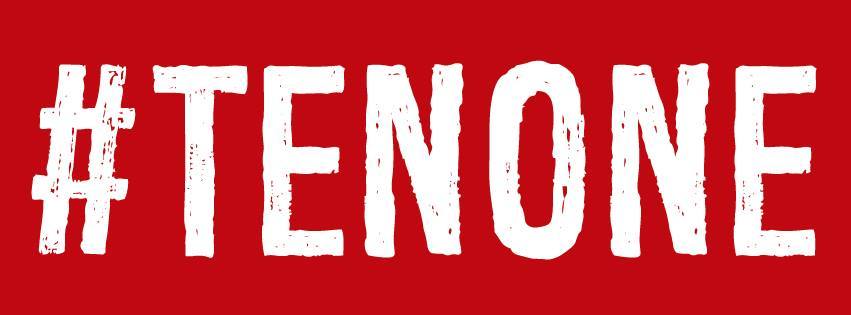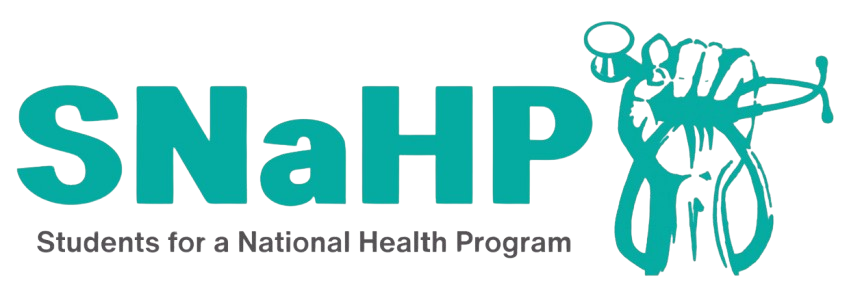Despite the Affordable Care Act’s undeniable success in extending health coverage to more people and in curbing some of the health insurance industry’s worst practices, recent reports show our nation still has 33 million people who are uninsured, a comparable number who are inadequately insured, sharply rising deductibles and copays, and skyrocketing pharmaceutical drug prices.
The 2010 health law clearly did not go far enough.

Students in the health professions see this grim picture and want to do something to fix it. On Thursday, Oct. 1, here in Chicago – in tandem with students on more than 30 university campuses nationwide – health professional students will speak out against the continuing calamity in U.S. health care and call for an effective remedy: an expanded and improved Medicare for all Americans. Such a fundamental reform is urgently needed.
The U.S. is the only industrialized nation without a system of national coverage. As a result, many Americans go bankrupt when they get sick. In fact, according to one study, more than 60 percent of personal bankruptcies in the U.S. are linked to illness and medical bills. Even if you have insurance, you’re not safe: that same study showed that nearly 80 percent of those medical bankruptcies occur to those who are already insured. Americans pay more for health care than anyone in the world, and yet in many categories our medical outcomes are subpar. Still worse: according to another study, an estimated 45,000 Americans die each year due to lack of coverage. Our private-health-insurance “system,” which the ACA reinforced, is clearly failing us. In contrast, since its inception over 50 years ago, Medicare has provided reliable, effective coverage for all Americans over 65. It’s not perfect. Despite its strengths, Medicare still requires too much cost-sharing and has too many coverage gaps.
This is precisely why we are calling for an expanded and improved Medicare for all. A single-payer, Medicare-for-All system would expand comprehensive health care coverage to everyone in the United States. Patients would have free choice of physicians and other clinicians, hospitals, and inpatient care facilities. There would be no co-payments, deductibles, or coinsurance. Rather, all services would be paid for by a national insurance fund, which would be funded through existing federal monies spent on care and on a system of progressive taxation. One study says such a plan would save 95 percent of U.S. households money. While health care would be publicly financed, services would still be delivered by both public and private providers.
Having many payers, as we do now, is extremely inefficient. A 2003 study in the New England Journal of Medicine estimated that administration and bureaucracy consumes 31 percent of all health care expenditures in the U.S., most of it waste. Adopting a streamlined single-payer system would save more than $375 billion annually, money that we could redirect to care. Additionally, a single payer would be able to negotiate much more effectively with pharmaceutical and medical supply companies for fairer prices, helping to slow health care spending.
As students, we have already seen the system fail so many of our patients. We entered the health care profession in order to help people live their lives to their fullest potential. The current system won’t allow us to do that. We demand better. We demand a system that provides care based on needs and not means. We demand a system that considers health a human right.
Please join health professional students from four universities at a candlelight vigil on Thursday, Oct. 1, at 5:15 p.m., at Heritage Green Park, 610 W. Adams, Chicago, to show your support in our fight.
Jordan Centers is a nursing student at Rush University in Chicago and a member of Students for a National Health Program.
